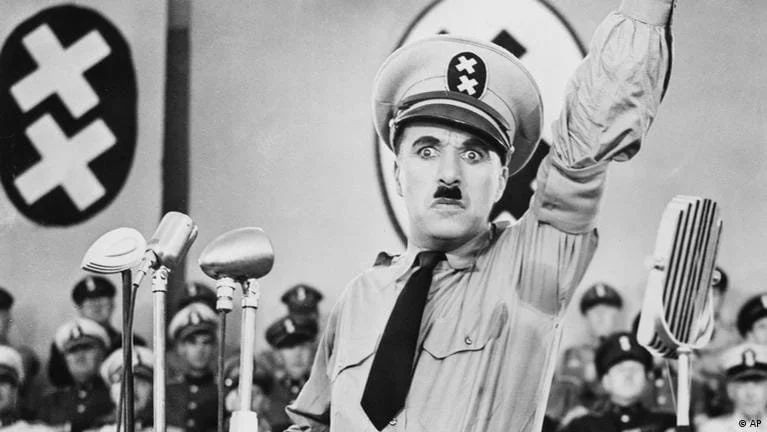Is American Democracy Going to Die? Or, Welcome to the Age of Zombie Democracy



The brief answer to that question goes like this. It’s the wrong question.
by Umair Haque
And because it’s the wrong question, it tends to send people into intellectual-shutdown mode, especially those who are the sort of die-hard it-can’t-happen-here types. They just kind of go into paroxysms of angry denial, and so that particular discussion ends up precisely nowhere. Haven’t we had altogether too much evidence of that over the last few years?
A much better way to understand what happens in a situation like the one America’s facing now is to really take in what happens when democracies come apart, in the contemporary age.
Rarely do they “die.” Instead, they turn undead.
The “Death” vs Undeath of Democracies
When we say that a democracy’s going to “die,” what kind of pictures and images does it conjure up in your head? 1984, maybe, or Stalin, or the guillotine, and so forth. In other words, not very contemporary ones, even if, for example, Orwell’s warnings were prescient. Because these images are violent, extreme, and totalizing, they tend to be dismissed easily, too, by the it-can’t-happen-here segment or tribe.
And in a sense, that’s correct.
We don’t often see democracy dying…in this sense…anymore. Rarely do we see a sort of military-cap wearing dictator in full martial regalia leading mass salutes towards the glorification of a Reich anymore, really. It’s not so often that we see someone assuming the title of Emperor or Great Leader or Dear Father or Fuhrer. Perhaps with the exceptions of the most war-torn and beleaguered parts of the world, those in truly shattered states. Even in poor countries, we rarely see this sort of Mad Max scenario play out.
Why is that? Because in this day and age the pretense of democracy matters. It matters a very great deal. It allows nations to keep access to capital markets, aka, sell their debt, and finance necessary public works. It allows nations to join various international organizations, which are necessary for trade, money, labour, and much more. And it allows nations to retain some semblance of diplomacy with the rest of the world, which is crucial, unless you particularly want to become a pariah state.
That’s why we see the pretense of democracy having spread around the globe in the post-war era. The institutions set up then, from the World Bank to the UN, to the International Labor Organization to the World Food Program, and countless numbers more—all these made it desirable for nations to be democracies, because when you’re a democracy, you enjoy access to them, in a sort of preferential way. So being a democracy gives you a certain place in the world order, even if it’s a degenerating one, at this point, as that order comes undone.
So nations go out there and…now…pretend to be democracies. While we all know they’re not. Some struggle to retain a semblance of democracy, some gave up the ghost long ago, and some are sort of lurching, shuffling remnants of once proud democracies.
Those are zombie democracies.
And in just that way, the danger for America isn’t that democracy “dies,” in the extreme sense we often think of—but that it turns undead.
The Age of Zombie Democracy
In our age, that trend—zombie democracy—is easy to spot. You can probably name half-a-dozen without thinking too hard. What are some characteristics of a zombie democracy?

